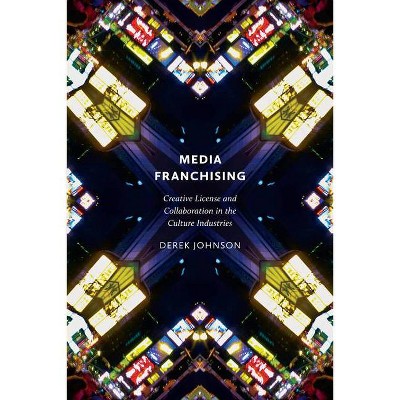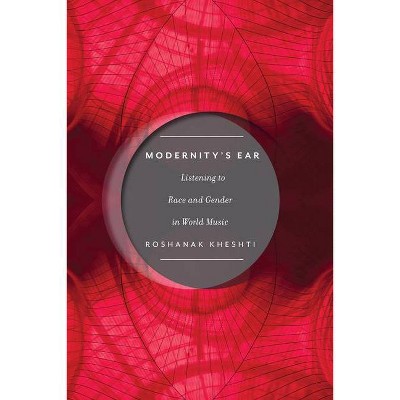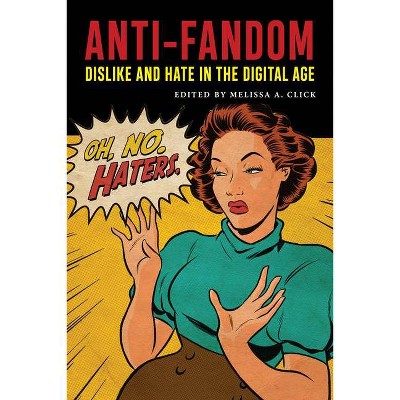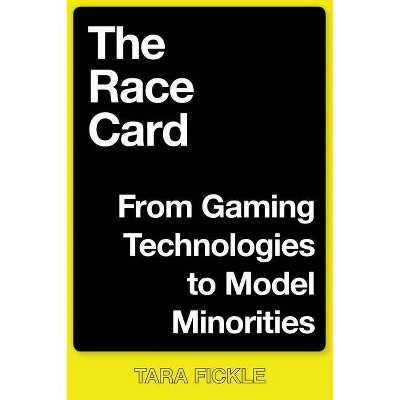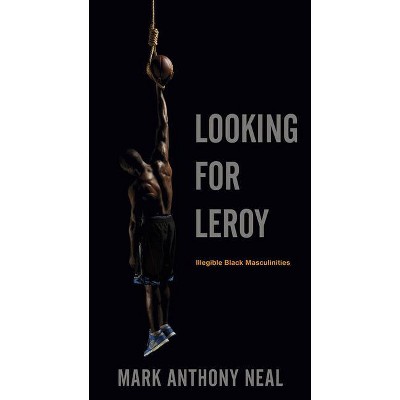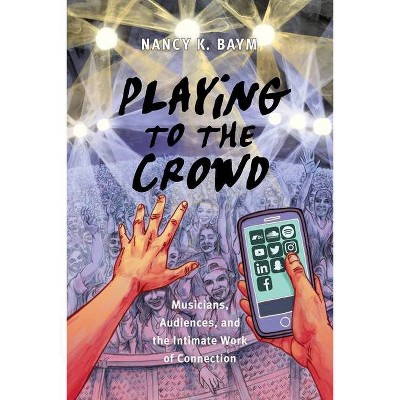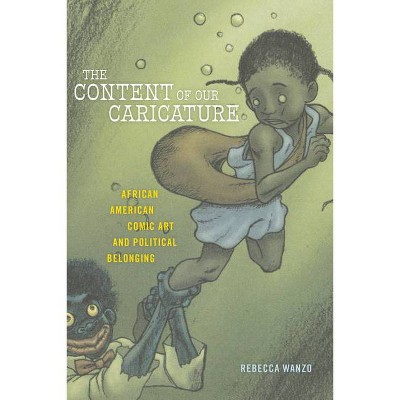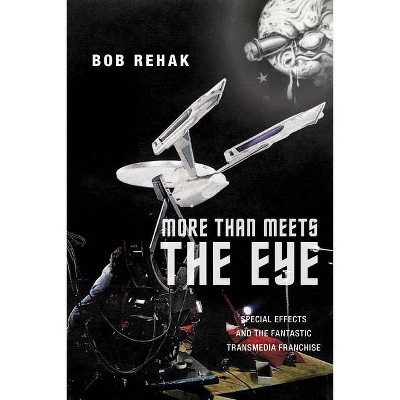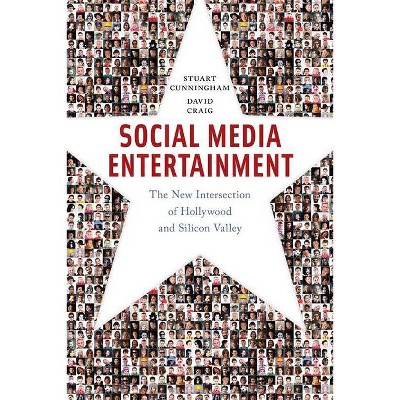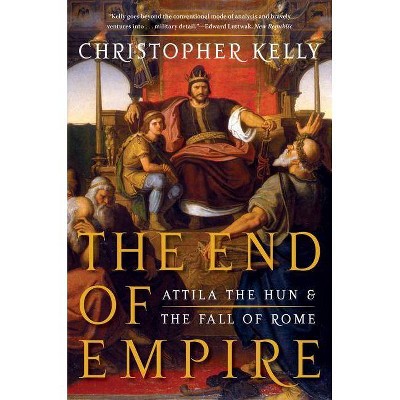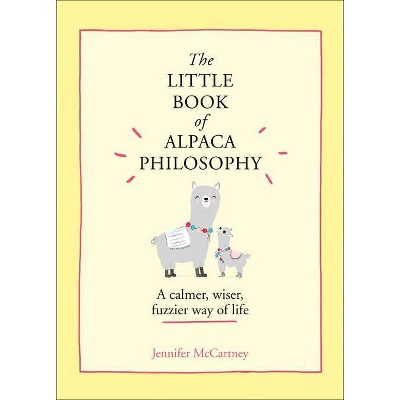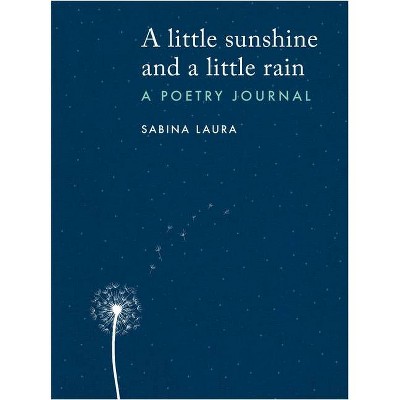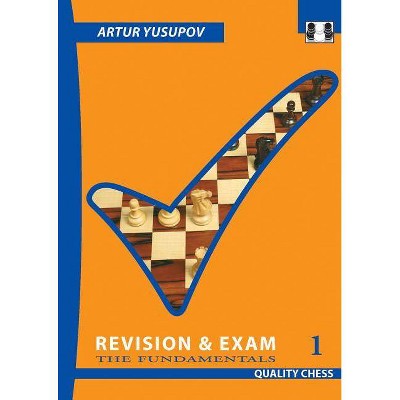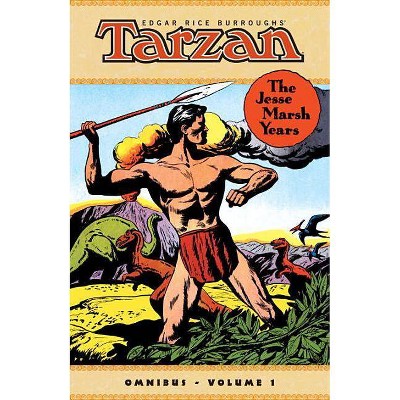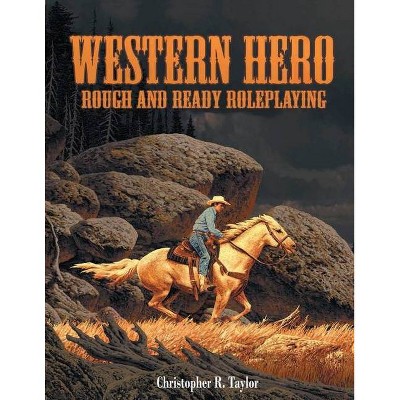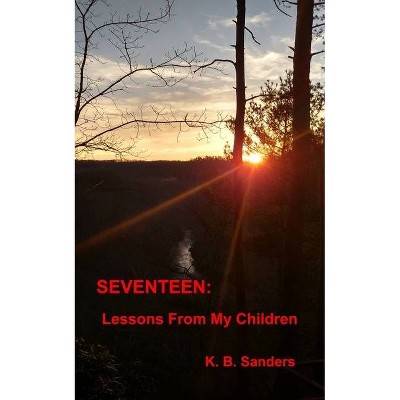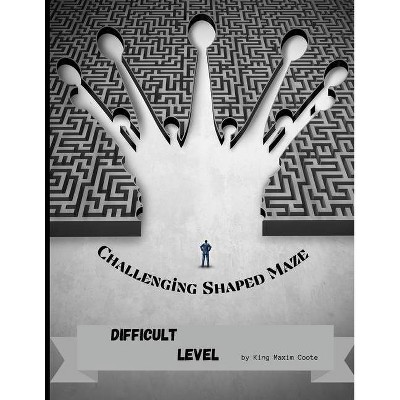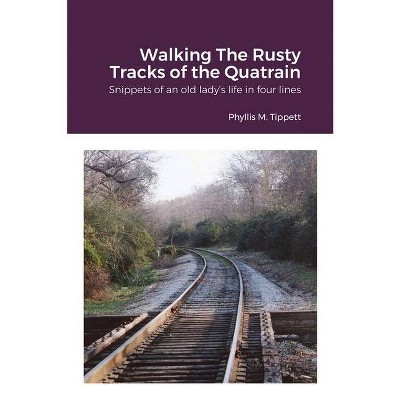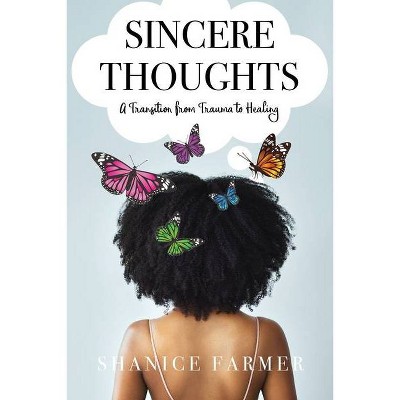Open World Empire - (Postmillennial Pop) by Christopher B Patterson (Paperback)
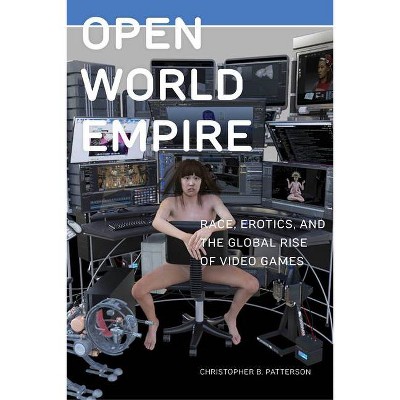
Similar Products
Products of same category from the store
AllProduct info
<p/><br></br><p><b> Book Synopsis </b></p></br></br><p><b>Seeking ways to understand video games beyond their imperial logics, Patterson turns to erotics to re-invigorate the potential passions and pleasures of play</b> <p/>Video games vastly outpace all other mediums of entertainment in revenue and in global reach. On the surface, games do not appear ideological, nor are they categorized as national products. Instead, they seem to reflect the open and uncontaminated reputation of information technology. <p/>Video games are undeniably imperial products. Their very existence has been conditioned upon the spread of militarized technology, the exploitation of already-existing labor and racial hierarchies in their manufacture, and the utopian promises of digital technology. Like literature and film before it, video games have become the main artistic expression of empire today: the open world empire, formed through the routes of information technology and the violences of drone combat, unending war, and overseas massacres that occur with little scandal or protest. <p/>Though often presented as purely technological feats, video games are also artistic projects, and as such, they allow us an understanding of how war and imperial violence proceed under signs of openness, transparency, and digital utopia. But the video game, as Christopher B. Patterson argues, is also an inherently Asian commodity: its hardware is assembled in Asia; its most talented e-sports players are of Asian origin; Nintendo, Sony, and Sega have defined and dominated the genre. Games draw on established discourses of Asia to provide an "Asiatic" space, a playful sphere of racial otherness that straddles notions of the queer, the exotic, the bizarre, and the erotic. Thinking through games like <i>Overwatch</i>, <i>Call of Duty 4: Modern Warfare</i>, <i>Shenmue II</i>, and <i>Alien: Isolation</i>, Patterson reads against empire by playing games erotically, as players do-seeing games as Asiatic playthings that afford new passions, pleasures, desires, and attachments.</p><p/><br></br><p><b> Review Quotes </b></p></br></br><br>By centering race and sexuality, Christopher Patterson argues that critiques about stereotypes and representation are inadequate for understanding the erotic, emotional, and corporeal effect of video games on their players. Engaging the Asiatic alongside eros and the Other, <i>Open World Empire</i> offers first-rate scholarship that doesn't sacrifice the complexity and depth of the idea of play. Readers will be guided forward by Patterson's skillful tutorial.--LeiLani Nishime, author of <i>Undercover Asian: Multiracial Asian Americans in Visual Culture</i><br><br>In considering the resistant, playful, and unexpected things that can happen through our engagements with video games, Christopher Patterson provocatively details productive fissures between affect theory and games studies. In placing the Asiatic and the erotic in harmony, <i>Open World Empire </i>challenges an often-thorny politics of representation, and in so doing, he reminds us why gaming is still so fun.--TreaAndrea Russwurm, co-editor of <i>Gaming Representation: Race, Gender, and Sexuality in Video Games</i><br><br>Patterson deftly combines theory (erotics as a form of play) with accounts of user-created content (online encyclopedias and forum posts) and personal experience to convey the multiplicity of meanings that different contexts and audiences can attribute to games, including Overwatch, Street Fighter II, League of Legends, Mass Effect, Guild Wars 2, Alien: Isolation, and Far Cry.-- "CHOICE"<br>
Price History
Price Archive shows prices from various stores, lets you see history and find the cheapest. There is no actual sale on the website. For all support, inquiry and suggestion messagescommunication@pricearchive.us
